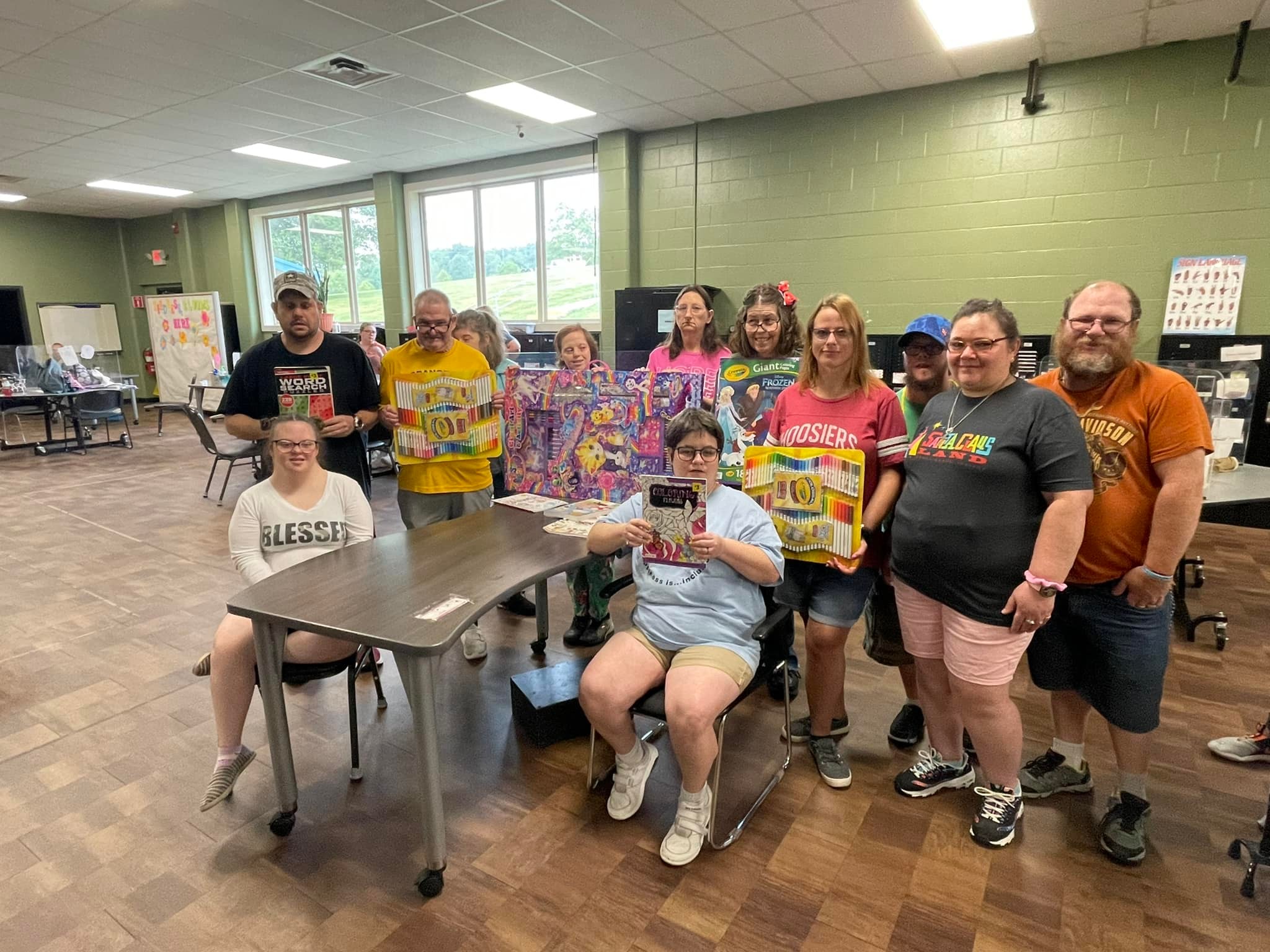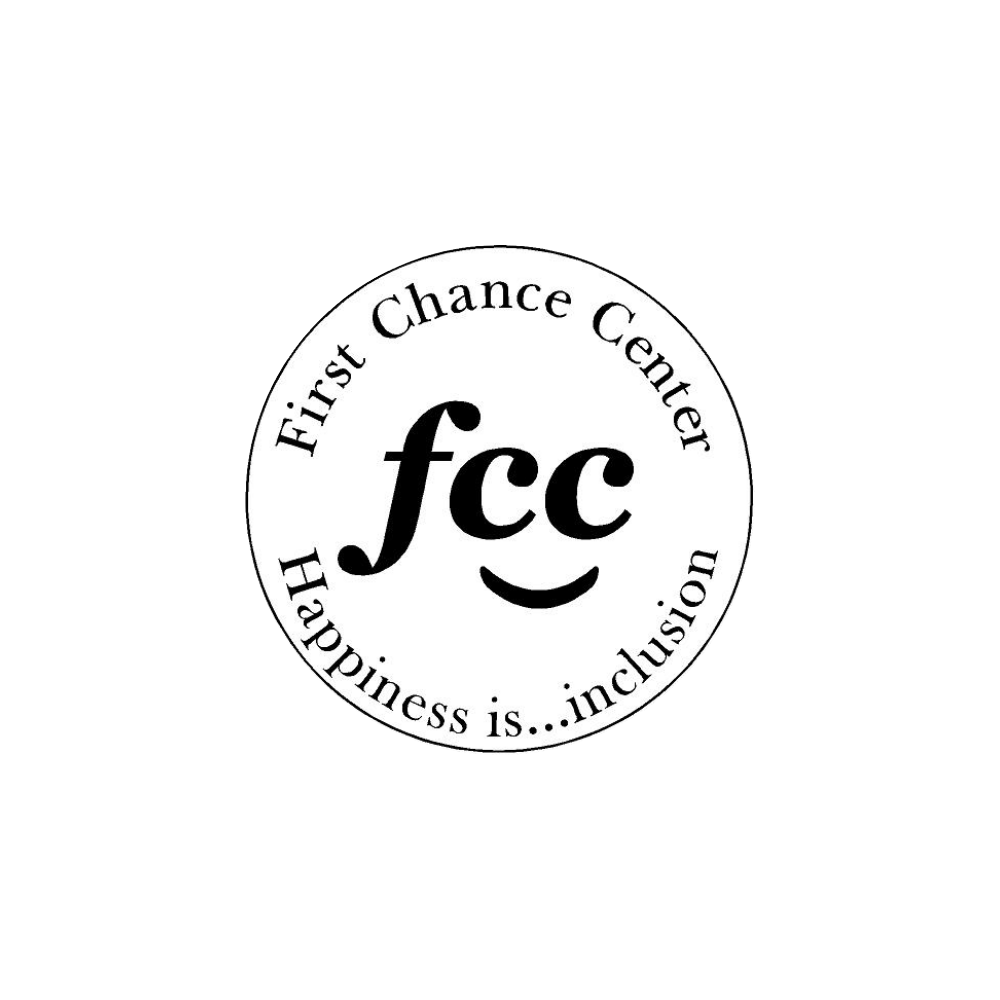Day Services
Habilitation Services provides education in basic living skills such as money handling, cooking, telling time, writing, personal identification, telephone usage, housekeeping, clothing care, self-care/personal hygiene, shopping, social skills, leisure/recreation, and personal advocacy. Pre-vocational skills training is also a component of habilitation training.
These skills are necessary to function adequately in everyday living. Each individual is encouraged to become as independent as possible and participate as much as possible in his or her community
Individual Program Planning
Person Centered Planning (PCP)
A PCP meeting is held upon admission and at least annually thereafter with every person in Day Services. The general purpose of each PCP meeting is to determine the person’s goals and to create an effective plan for accomplishing these goals. Therefore, a conference may also be held if there are changes in the individual’s situation, circumstances or preferences that would affect current priorities. Services that will help to meet the person’s identified goals may begin upon agreement of those involved in the PCP meeting.
Individual Support Plan (ISP)
An Individual Support Plan is developed for each person served. It includes specific goals to be addressed during the specified time period. The goals are established at the PCP meeting by the consumer and a coordinated team. The goals are based on an assessment of an individual’s strengths, preferences and needs. The assessment includes information from a consumer profile, situation assessments completed in the community or the facility, preferences and needs as stated by the consumer and family members. The team develops objectives to address each identified need. These objective can be met by the agency or other providers. The objectives include measurement, time frames for completion, and person responsible for implementing the objective. The ISP is distributed and the Director of Day Services does consumer-specific training to all staff who will provide direct services.
The support plan is reviewed at least quarterly to determine whether goals and objectives are being met. We look at the continued relevance of each objective and the need for referral to other services. At each of these reviews, the person’s potential for community-based employment is assessed. This assessment includes the consumer, interested family members, and appropriate personnel. If community-based employment is not pursued at this time, the assessment will state specific reasons why.
Habilitation/Community Integration Activities
Most consumers have goals related to community integration. Consumers have opportunities to develop and/or increase social contacts, personal relationships, and community networks. Goals related to community participation may include development in interpersonal skills, mobility skills, and/or communication skills. Activities related to these goals are either individual or in a group. Consumers are asked for input regarding community and facility activities.
Activities include, but are not limited to:
- Visits into the community for leisure, information, education or training
- Individual craft projects
- Recreational and leisure time activities
- Educational activities
- Independent living activities
- Health-related activities
- Volunteering
- Self-advocacy
- Creative Arts

